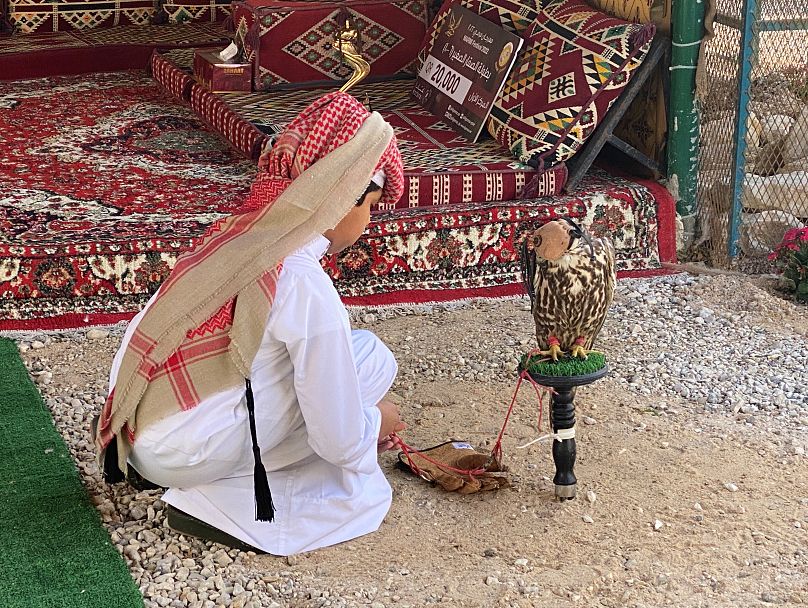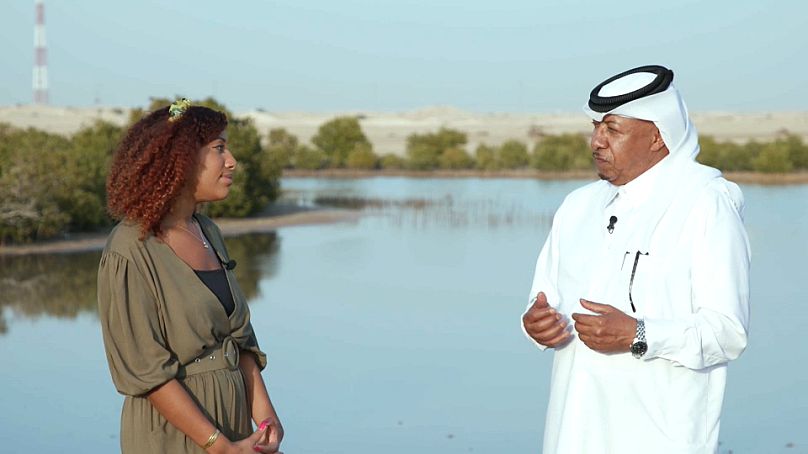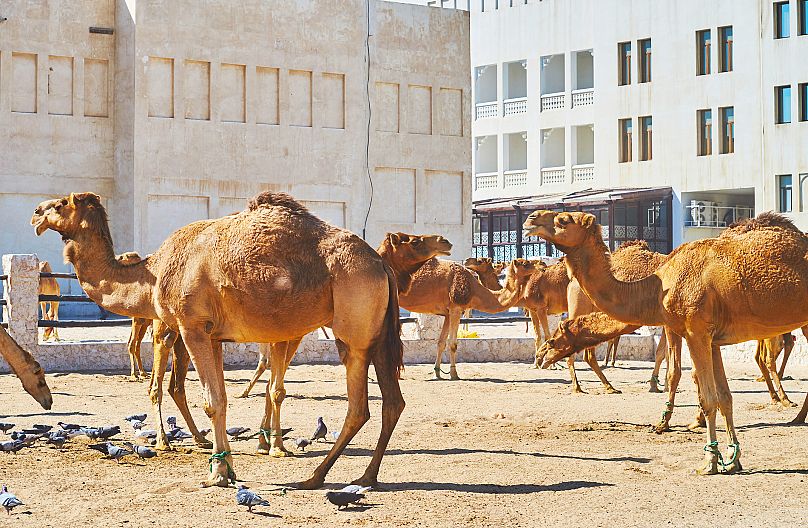How is Qatar protecting its wildlife? And why are falcons and camels so important when it comes to local culture? In this episode of Qatar 365, the team explore the country’s special traditions when it comes to the animals, the environment and plantlife.
Qatar is making big moves to protect its wildlife, from preserving the importance of the falcon and camel, to ensuring the country’s mangroves flourish.
 ADVERTISEMENT
ADVERTISEMENT
 ADVERTISEMENT
ADVERTISEMENT
Flying high with falcons
The International Falcon and Hunting Festival is one of the largest of its kind in the region and held during the cooler winter months. Falconers have been competing for thirteen years in this desert sport that dates back centuries. Also known as Marmi, this attraction is organised by the Al Gannas Association: “Since 2008 we have served falconers in Qatar. We have big projects, the most important of which is the falcon genome project. We also have a campaign to release falcons into nature. Falconry in Qatar is a human, intangible heritage,” explains its president, Ali bin Khatam Al Mahshadi.
The competitions involve speed, skill, and beauty, with sought-after cash prizes and a desert vehicle. One of the main aims of the competition is to keep the tradition alive for youngsters like 10-year-old Thani Mohammed Al Kubaisi, who scooped the almost €5000 first prize in the Young Falconer’s division.
Owners also forge an extra special bond with their falcon, ensuring they’re in good health for competitions. During the rest of the year, they take their cherished creatures to Souq Waqif hospital with its extensive range of services from radiology to preening.
Conserving mangroves
Protecting and preserving wildlife from extinction is also one of Qatar’s top goals for a more sustainable future. The country is home to several nature reserves that provide a haven for birdlife, plants, and a wide variety of animal species. One of most influential when it comes to conservation is Dr Saif al-Hajari, a leading environmentalist who is the founder and chairman of Friends of Environment Center. He runs special workshops for children, in the hope that the next generation will do more to protect their surroundings.
An extraordinary beauty pageant
The camel and Qatari relationship traces its roots back to the Bedouins where camels were not only vital transportation, but also a sign of prosperity. They are taken special care of, kept away from the sun, and fed milk, wheat, honey and dates before an important contest. In the annual camel beauty competition, they are judged on their coat; the length and width of their neck; proportion of their heads; hump position; their lips and even their eyelashes.
Prize money reaches more than 350,000 euros but the camel festival was created primarily to keep traditions alive as Mohammed Ali Salaan Almarri, head of media for the Qatar Camel Festival explains that it “introduces young people to this ancient and deep culture of the State of Qatar.”
It’s not just their beauty the camels are revered for. During the Camel Racing Festival, the animals speed around the track with robots strapped to their backs. The “jockeys” are controlled by their owners who race alongside in 4x4s. The fastest camel is crowned the champion and it is a lucrative industry, worth millions of euros but more importantly, a race worth watching.














